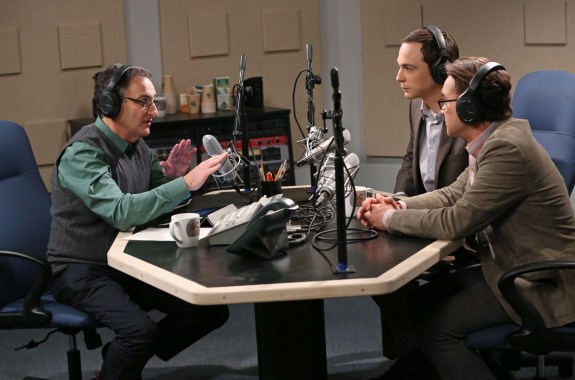Radio
Listen to Science Friday live on Fridays from 2-4 p.m. ET
February 21, 2025
The CEO of one of America’s oldest scientific societies discusses the recent cuts to scientific institutions, and how scientists can respond. Plus, flu infections are the highest they’ve been in nearly 30 years, and flu deaths this winter have surpassed COVID deaths. And, a video of a gloriously creepy anglerfish inspired tears and poetry online.
11:44
The Wilderness Act Turns 50
Fifty years ago this week, legislation set aside over nine million acres of official wilderness.
33:47
To Master Test Material, Give Your Brain a Break
Salvador Dali and Thomas Edison took very brief naps when they were stuck on artistic and scientific problems.
11:42
Supermassive Dinosaur Would Have ‘Feared Nothing’
Scientists estimate the dinosaur Dreadnoughtus schrani would have weighed as much as a Boeing 737.
11:55
Experimental Therapy Saves Monkeys From Deadly Dose of Ebola
ZMapp, the cocktail of antibodies used to treat two American aid workers infected with the Ebola virus, spared 18 severely ill monkeys from death.
17:22
Making Hollywood’s Digital Doubles
Now that Hollywood’s visual effects wizards can create convincing “digital actors,” will we still need the real thing?
17:23
Science In The Writers’ Room
Hollywood T.V. and film writers explain how they balance scientific accuracy and storytelling.
12:27
From The Lab To The Silver Screen: The Birth of CGI
Animator Tom Sito explains how scientists and engineers kickstarted Hollywood’s digital animation revolution.
17:14
Less Flashy Fossils Offer Paleoclimate Clues
Uncharismatic microfauna, such as insects and mollusks, are giving scientists at La Brea Tar Pits in Los Angeles a glimpse of the city’s cool, humid past.
8:29
Electric Bacteria Form Nanowires, Shoot Out Electrons
USC’s Moh El-Naggar says engineers hope to harness bacterial energy using fuel cells.
17:20
Unraveling the Mysteries of Black Holes
High energy x-rays provide a rare glimpse into the behavior of black holes.

